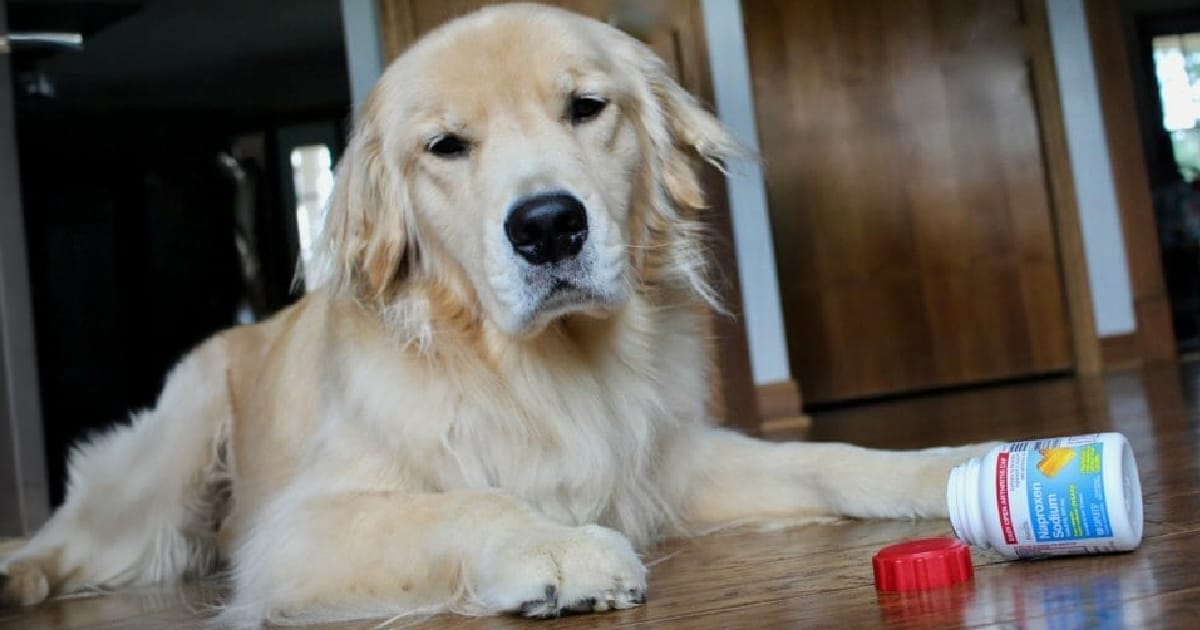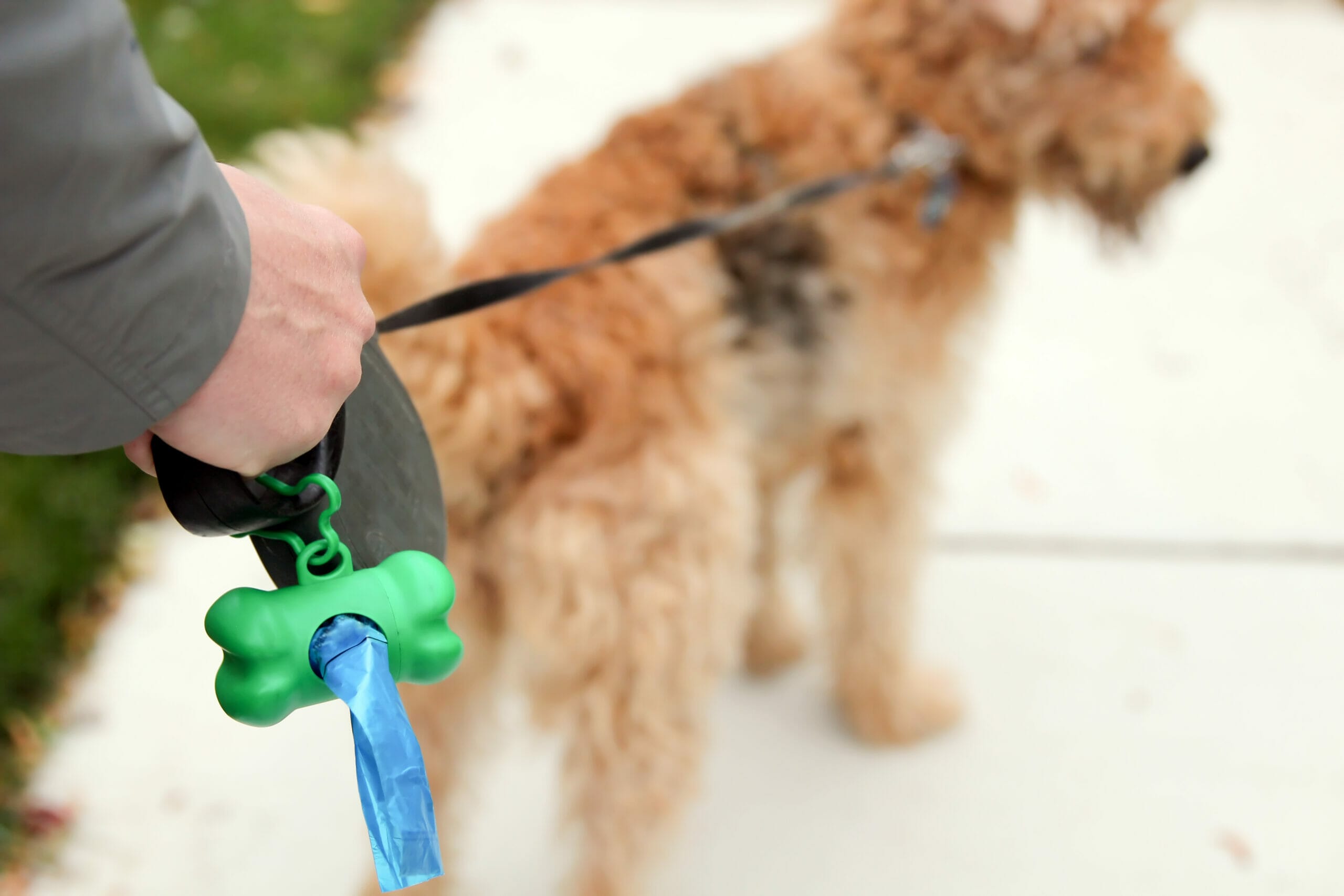Xylitol Poisoning in Dogs: Signs, Treatment, and Identifying Xylitol-Containing Products
Xylitol is a sweetener used in gum, baked goods, peanut butter, and more. It is safe for humans to consume but is toxic to dogs.
Xylitol is a sweetener commonly used in gum, baked goods, peanut butter, and many products designed for people with diabetes due to its low glycemic index and low-calorie content. While it is safe for humans to consume, it is highly toxic to dogs. Our MedVet experts share what you need to know about xylitol, including its other names, products that may contain it, and what to do if you suspect your pet has ingested it.

What is Xylitol?
Xylitol is a sugar alcohol that is as sweet as sugar but has a lower glycemic index and fewer calories. It has humectant properties, meaning it helps retain moisture, which is why it is used in many skin and hair products. Additionally, its antibacterial properties can help reduce skin issues and dental plaque, making it a common ingredient in skincare and dental products.
Scientists are also exploring more potential uses for xylitol, including its ability to increase skin collagen production, which could be important for anti-aging. They are also investigating its role in wound healing and its potential as an antibiotic.
Why is Xylitol Toxic to Dogs?
Xylitol can cause low blood sugar and liver failure in dogs, although xylitol toxicity has not been documented in cats. Hypoglycemia (low blood sugar) is triggered by insulin release stimulated by xylitol. This effect typically lasts 12 to 24 hours but can sometimes be delayed.
Liver failure is an idiosyncratic (unusual) reaction. While the exact mechanism is not fully understood, it is thought that reactive oxygen species form and damage the liver.
Signs of xylitol poisoning in dogs include:
- vomiting
- lack of coordination or difficulty walking or standing
- weakness, sluggishness, or lethargy
- tremors or seizures
- coma

What Are Some Products Containing Xylitol?
As mentioned above, xylitol can be found in products ranging from food to skin care. Some of the most common products include:
- Food products – energy drinks, ice cream, cookies, pudding, pie filling, cake mixes, non-fat Greek yogurt, chocolate, sugar-free condiments, protein powders and bars, many low-calorie baked goods, and sugar-free honeys, syrups, jams and preserves.
One of the most common treats pet owners give their dogs is peanut butter. Veterinarians also commonly recommend peanut butter as a way for pet owners to give dogs their pills. While your dog can have peanut butter, it’s important to be cautious when choosing which brand to use, as some brands contain xylitol. Please read the ingredient labels, even if it’s the same brand you have previously used. If you see xylitol listed as an ingredient, do not give it to your dog. Brands that may contain xylitol include Go Nuts, Co.®, Krush Nutrition, No Cow, Nuts ‘N More®, and P28®.
- Oral care products – toothpaste, mouthwash, breath sprays, breath mints, and gum
- Medication and supplement products – gummy vitamins, oral liquid medications (such as children’s Allegra Oral Suspension®), oral disintegrating medications (referred to as meltaway, like alprazolam), cough drops, antacids, nasal sprays, stool softeners
- Personal care products – like deodorant, shampoo, moisturizers and foundations, facial cleansers and scrubs, makeup remover, and lotions

How Do I Know if a Product Contains Xylitol?
The concentration of xylitol varies widely between products, and companies often do not disclose the exact amount to consumers. It is typically listed on the ingredient label under “other ingredients,” “inactive ingredients,” or “supplement facts.” Some companies specifically list xylitol, while others may list “sugar alcohols,” which can include xylitol. Xylitol is also known by other names, such as wood sugar, birch sugar, and birch bark extract.
This variation in labeling and the lack of specific information about the amount of xylitol in a product make it very difficult to determine how much your dog has consumed if they ingest a product containing xylitol.
Given the increasing presence of xylitol in many products, it is important to always read the ingredient labels on any food products before giving them to your dog.
How Can I Prevent Xylitol Poisoning in My Dog?
To prevent xylitol poisoning, store all foods, medications, and personal care products safely out of your dog’s reach. Always read labels carefully before giving your dog any human food to ensure they do not contain xylitol, wood sugar, birch sugar, or birch bark extract. Use only dental care products, such as toothpaste, that are formulated for pets and have been approved by your family veterinarian.

What Should I Do if My Dog Ingests Xylitol?
If your dog ingests a product containing xylitol and you can’t reach your veterinarian, contact MedVet or your nearest veterinary emergency clinic, or call a pet poison control hotline. Two common veterinary poison hotlines are:
- Pet Poison Helpline, 855-764-7661 (a per incident fee applies)
- ASPCA Pet Poison Hotline, (888) 426-4435 (a consultation fee applies)
Be prepared to provide the following information:
- Your dog’s weight
- The exact product ingested
- The time of ingestion
A common recommendation after xylitol ingestion is to induce vomiting, but you should always consult a veterinarian before doing so. Additional recommendations may include monitoring liver values and blood sugar levels, as well as administering IV fluids with dextrose.
The key to ensuring your dog has the best chance of recovery from any potential poisoning is to act quickly and seek veterinary care immediately.
Visit our Pet Care Resources library for more pet health and safety information.
FAQs
Learn More
For ways to ensure your pet lives a happier, healthier life, visit our Pet Care Resources.
Pet Care ResourcesContents
Learn More
For ways to ensure your pet lives a happier, healthier life, visit our Pet Care Resources.
Pet Care Resources

